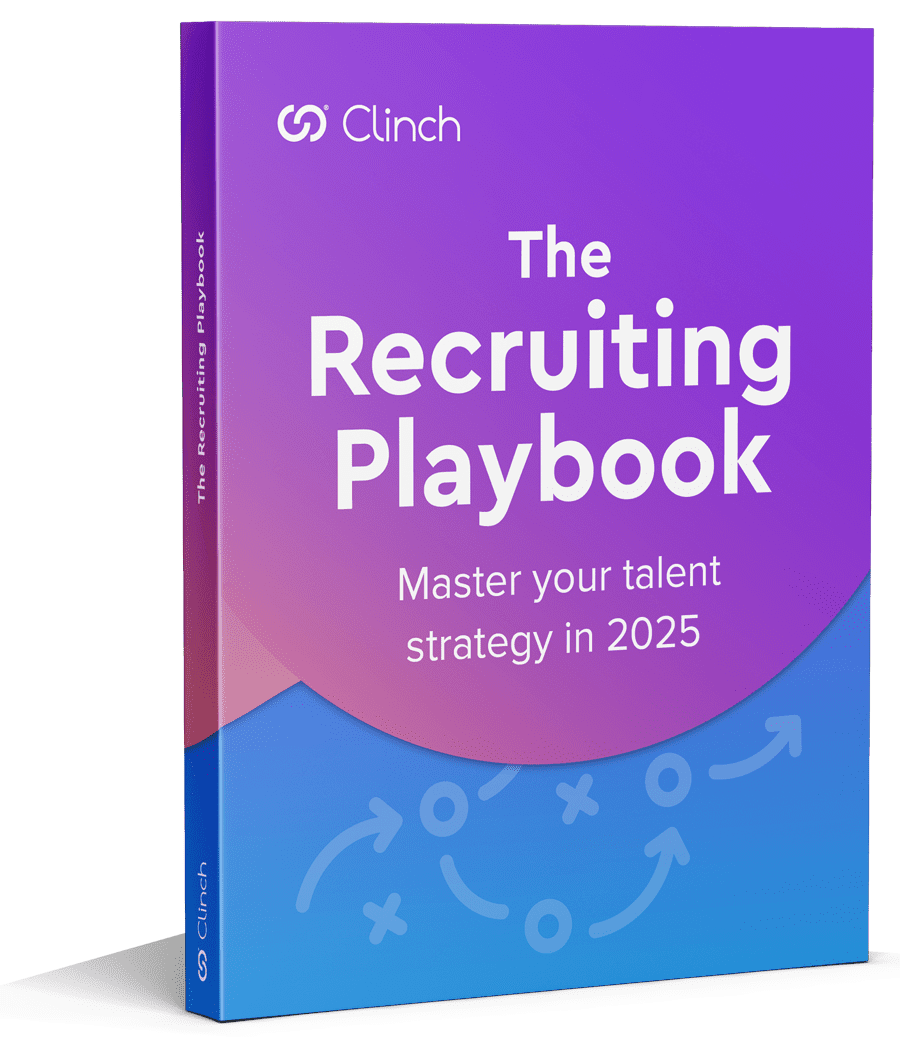Candidate relationship management (CRM) software remains instrumental in helping talent acquisition teams find the best person for a job. Recruitment marketing CRMs store important prospect data and make it easy for hiring teams to communicate with and nurture prospective talent before they apply for a role.
Recruitment marketing analytics to focus on
Recruitment marketing CRMs can provide an abundance of useful recruitment marketing analytics. Here are five metrics to focus on:
- Funnel conversion rate: As a CRM gathers talent profiles, hiring managers should know how many go on to become new applicants. A funnel conversion rate will tell you how successful your recruiting efforts are in turning leads into candidates. To measure your funnel conversion rate, simply divide the number of conversions by the total number of leads entering your recruitment marketing CRM, then multiply by 100 to get your percentage. The average funnel conversion rate is 3%, but anything above 2% is considered good.
- Time to hire: This metric represents the time it takes from a person becoming a lead to being hired. It indicates on average how long it takes an applicant to move completely through a hiring process. This metric helps hiring teams to identify bottlenecks in the recruitment pipeline.
- Source of hire/pipeline generation: A CRM will keep track of the source of each lead that joins your talent network —whether it’s through social, LinkedIn, your career site or a job board. The “sourcing channel” metric demonstrates which sourcing channels are delivering the best-quality hires, so you can decide where to invest your time and budget.
- Quality of hire: After hiring a new employee, HR teams can track that employee’s performance through various key performance indicators (KPIs) in a recruitment marketing CRM. Consistently measuring the quality of hire allows teams to identify where the best-performing employees come from. Quality of hire also helps determine a business’ “success ratio”, which is calculated by dividing the number of candidates considered appropriate for the role by the total number of candidates hired.
- Cost per hire: This figure represents the total amount it costs to gain 1 successful hire. It’s determined by dividing the recruitment cost by the total number of hires. Tracking your cost per hire helps keep recruitment budgets in check and allows you to identify trends and areas for improvement.
- Hiring manager satisfaction. The recruitment and hiring process can be overwhelming and complex, but measuring hiring manager satisfaction can help you identify any issues they faced throughout the process. Additionally, you can pinpoint what works well to understand how you can improve the overall experience for your hiring manager.
- First-year attrition. Attrition, or the gradual loss of employees, remains a key diagnostic recruitment metric. It shows whether there is a disconnect between the hiring process and business departments. Tracking an employee’s reason for leaving within their first year can say a lot about the effectiveness of your recruitment process. It can indicate potential issues such as: miscommunication about job descriptions, skewed candidate expectations, a poor cultural fit, misrepresentation of your EVP, and more.
Why it’s important to focus on recruitment analytics
Understanding funnel conversion rate helps teams understand if their recruitment tactics are working to convert leads into applicants. Combined with pipeline generation metrics, hiring managers can see which recruitment channels —from a career website landing page to social media, sourcing agencies, and more —produce the best hires. This knowledge can inform future budget decisions, illustrate ROI and indicate which sources are worth investing in.
Time to hire, quality of hire, and cost per hire can all demonstrate whether your recruitment marketing processes are working or not. By having specific benchmarks for each metric and established KPIs, teams can track and measure their progress against their hiring goals.
Clinch offers recruitment marketing CRM solutions for businesses looking to enhance their hiring process and analyze prospect and applicant data. Contact us today to see how we can support your team to win the war for talent.



